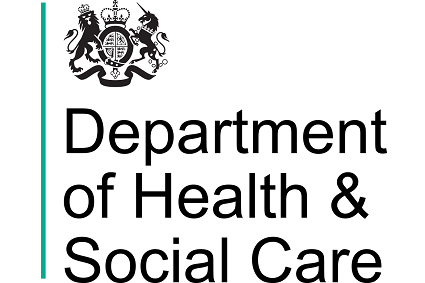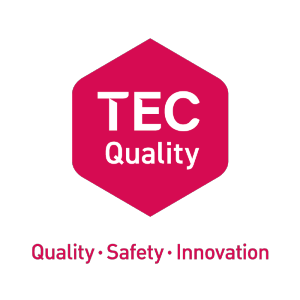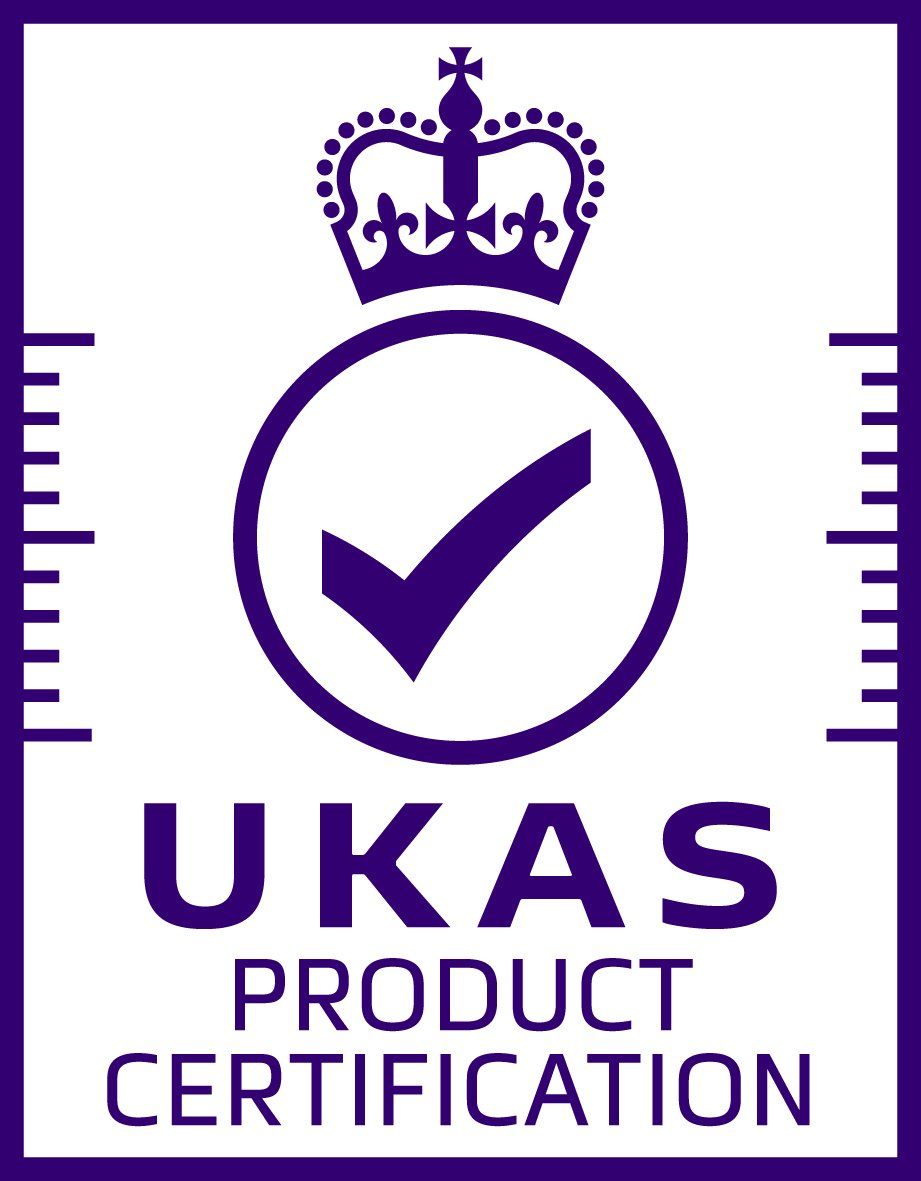The TEC supplier using standards to differentiate itself from the competition
As we switch from analogue to digital, the language and jargon can become a lot more confusing around the different platforms and technologies available, data and cyber security and interoperability. Commissioners may be not be fully aware of the complexity of what they are buying into but in our experience we’ve found the TEC Quality badge of assurance, and our association with TSA has shown there’s a system in place that is to a high standard and trustworthy, with the service user at the heart of what we do.
As a SIM supplier, Mobius are always looking to push the standards of the industry up, and work to certifications that are specific to Telecoms and IT that demonstrate security and quality, not only in the TEC sector but in wider industries. Cyber Essentials Plus is a well-known and important certifier for SIM suppliers, driven by the National Cyber Security Centre (and GCHQ). In addition to the IoT industry and telecoms standards, the Quality Standards Framework is much broader, telecare specific accreditation that spans quality, safety, continuous improvement and innovation.
As a supplier of products, being part of a quality framework becomes even more vital because it brings you firmly into that journey of continuous improvement in terms of our product development and linking us in strongly with tech developments and innovations, so we stay relevant.
"Having the QSF certifications has become vital to winning contracts. It shows straight away that the companies are performing to a standard without having to delve into the details."
Having that certification has meant often we’ve passed the initial entry requirement and we’re seeing more and more that certain commissioners, before developing a relationship, are asking to see a mark of quality. Certain frameworks such as ESPO asked directly if we were certified by TEC Quality.
"By having a tangible certification and its rigorous process, we believe this shows we care about the product we supply, and our need for quality and safety to be reflected from production through to the end user. "
A deep dive into our business
What makes the QSF different from other standards such as ISO and BSI is that it forces you to think about the bigger picture and delve deeper into your business processes, giving you a deep understanding of how they impact the overall company’s operations and how these align with your values. That said, there’s no conflict between the different standards, as the QSF has mapped across ISOs and BSI standards into the framework so there’s an element of pass-porting which is really helpful and joined-up.
TEC Quality also has more of an ethical view on how you run your business and the impact it can have on the lives of the people using your products ultimately, whether that’s through ethical data capture or software updates. System maintenance in unavoidable, but we always need to consider the service user and design systems to be able to failover, and design processes that consider end user impact in planning, We have also invested hugely in our multipath data system so that the impact of those updates are minimised on our TEC customers.
Our pilot with TSA
When we heard that TSA was developing a Supplier module we jumped at the chance to be involved in the feedback and testing stage before it launch. We were first to go through the module and saw this as a great opportunity to be ahead of the game and stand out against other suppliers. I guess we wanted to show we were serious about quality to the wider industry.
My advice to other suppliers?
If you’re a start-up, it’s essential to be plugged into the quality agenda from the start as you grow your business. And for larger, more established companies, the QSF can mean a good shake-down of some the policies you may have already in place with more of an emphasis on refining them and linking them in with your values and ultimately to better outcomes for the service user.





